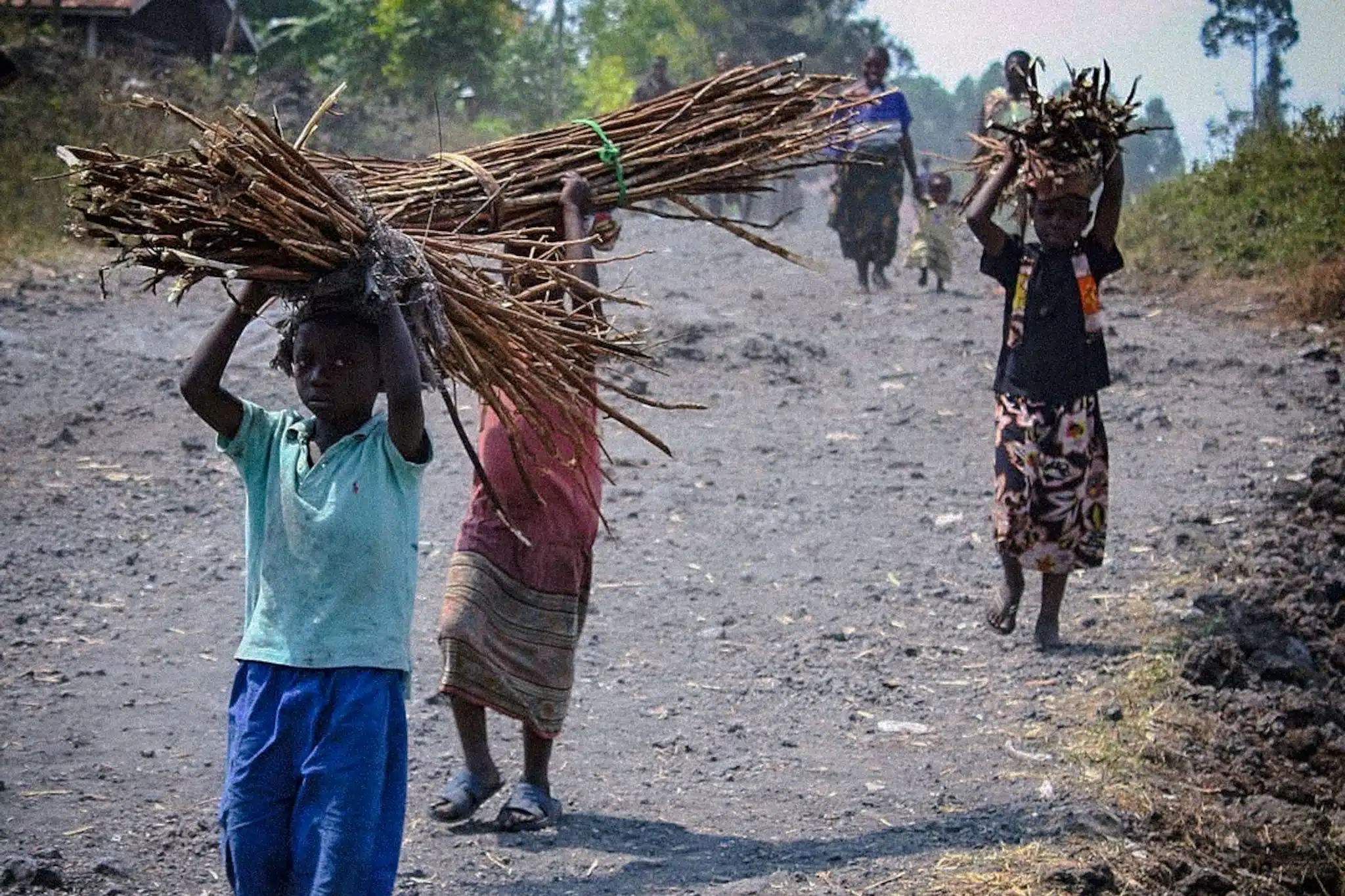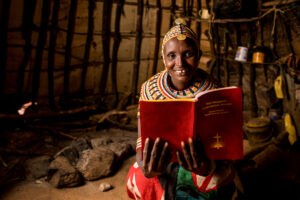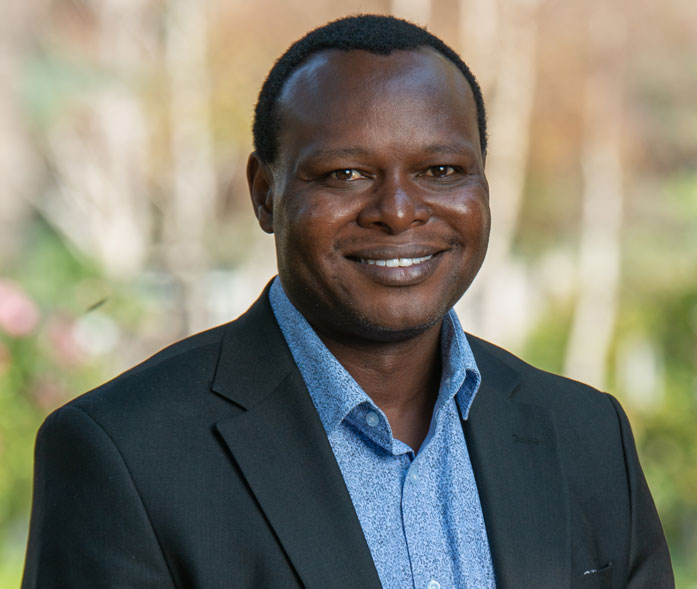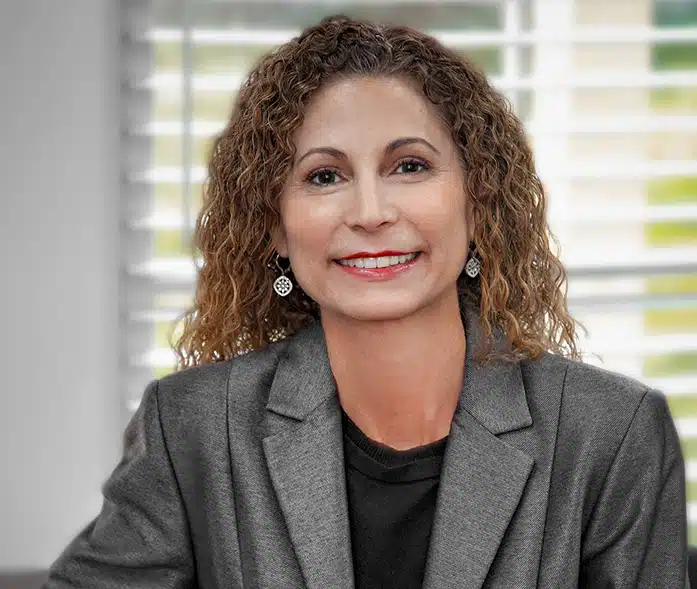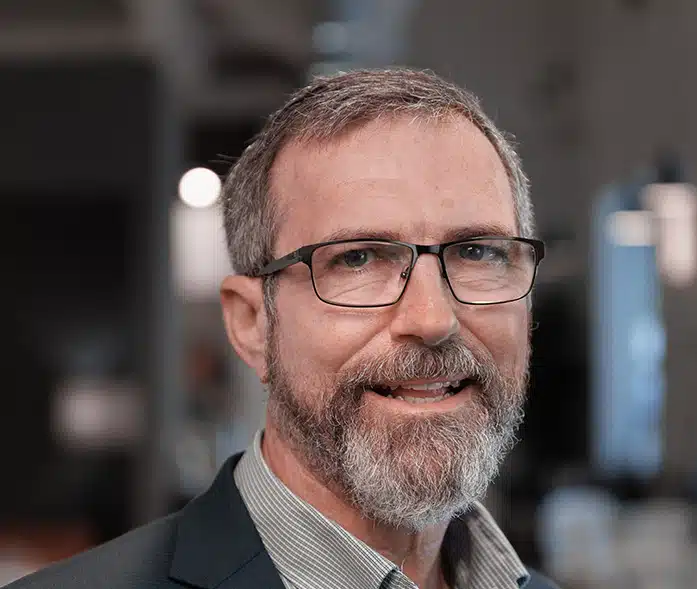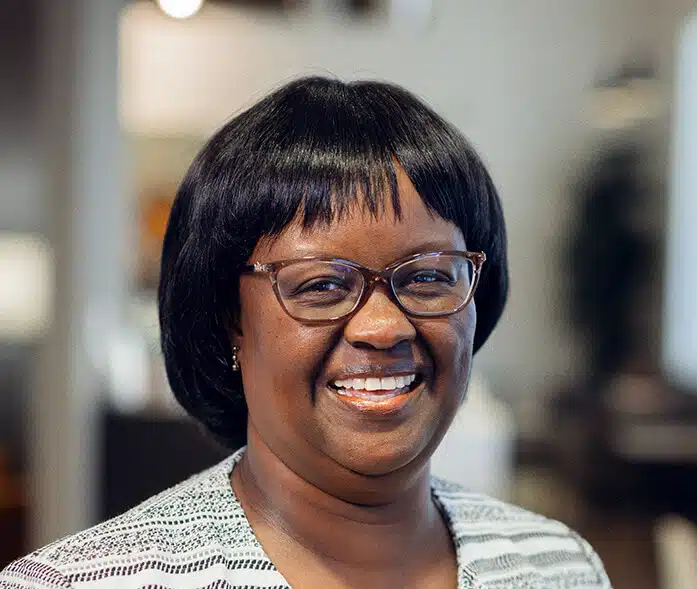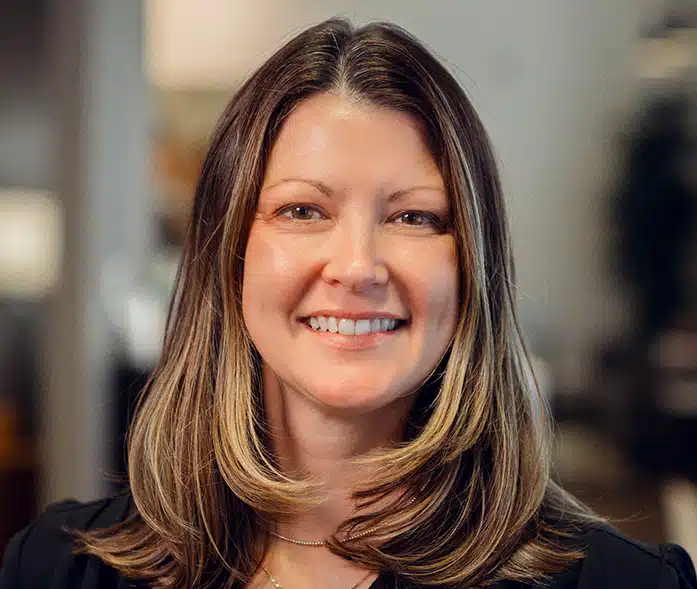Hint: God always directs—but He does so through partners, impact, and strategy
You may have heard that only about 10% of the world’s more than 7,000 languages have a full Bible. So how does Seed Company decide which language groups to engage with?
Before anything, a translation project starts with God and prayer.
“No project will be successful without a foundation of prayer for discernment of God’s work among the many people who will be involved.” — a field project manager (FPM) for Africa
It can take anywhere between six months to two years to get a translation project started. There are many criteria to consider, and it looks different depending on the project’s location. But as Seed Company prioritizes which language communities to start work in, three of the most important factors are partners, potential impact, and strategic opportunities.
1. It has partner support.
While we are praying, God often stirs a desire within people for His Word in their own language. At the same time, our partners (usually Bible translation organizations or Christian ministries) often conduct language surveys to understand the community’s linguistic and cultural context and to determine the most appropriate approach for translation.
Partners ask the community questions such as:
- How many people speak this language?
- Who can be trained as translators?
- Are there geographic, political, religious, or infrastructural challenges?
- Is there potential for outreach or church planting?
We rely on our partners to mobilize communities for Bible translation and manage projects once they start.
2. It has potential impact.
Impact is measured in several ways, but first and foremost, Seed Company is aiming for transformation. “We are in the business of life transformation, not language preservation,” says an FPM for Islands Asia. “The biggest consideration is: Will the translation be used to help transform lives for Christ?”
Yet for transformation to occur, partners have to ensure the language has vitality. Is it being used, or is it dying out? If children aren’t speaking it, it’s at risk of going extinct within a generation.
Perhaps the biggest indicator of a project’s potential impact is community ownership. Communities who take ownership pray for the project, recruit translators from among their own, form committees to oversee the translation work, and contribute their own resources toward its success.
3. It’s strategic.
A final factor to consider is whether a language offers a strategic opportunity for broader impact. For example, Seed Company is helping to translate Luke and the “JESUS” film into a South Asian language. A local church denomination identified 60 distinct language groups within their congregations who speak closely related languages. Once the project is complete, the original translation will serve as the source text for translating Scripture into these other languages!
When a local partner determines that a language community is engaged and committed, they propose the project to Seed Company. The FPM then writes up a recommendation, which includes an overview of the proposed project with strengths and weaknesses. After the recommendation has been accepted and approved, the partner prepares a detailed translation plan in collaboration with the FPM!


